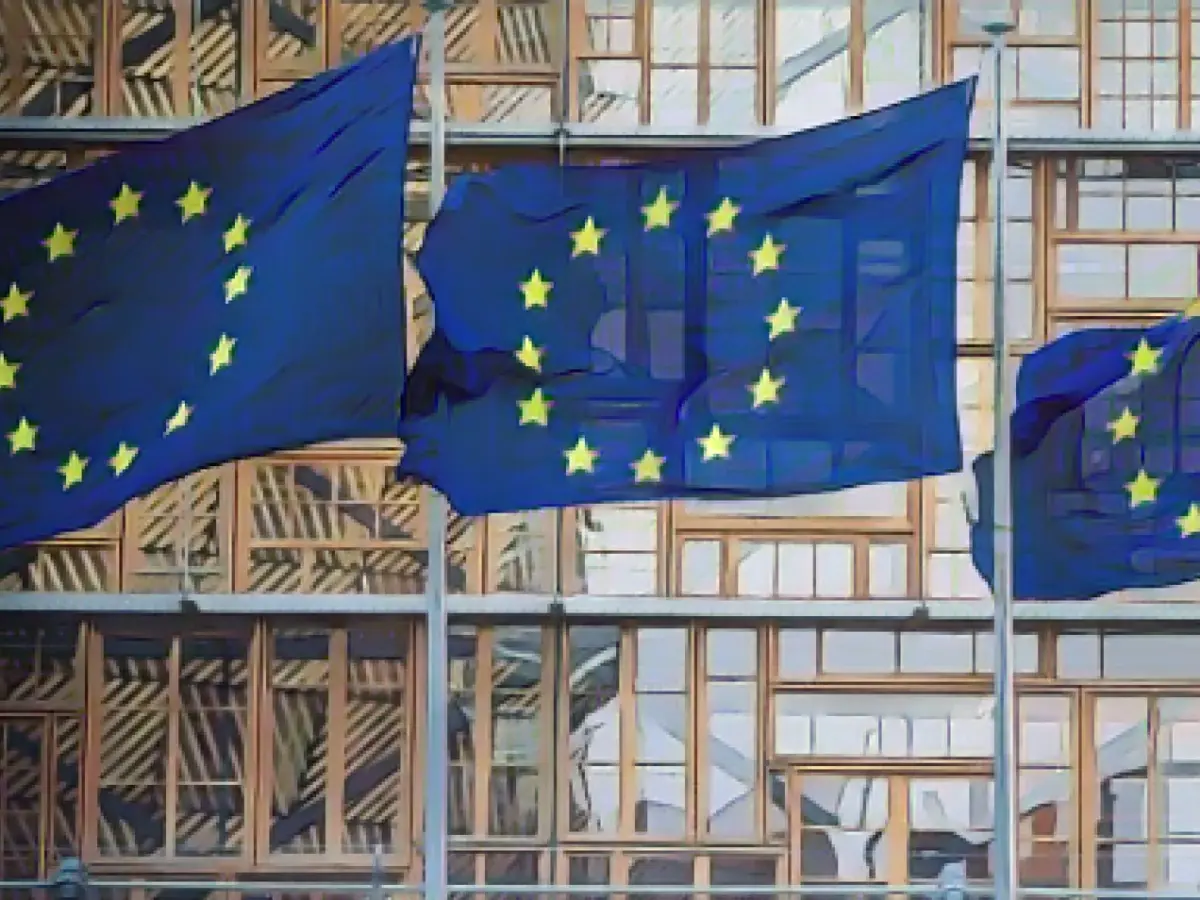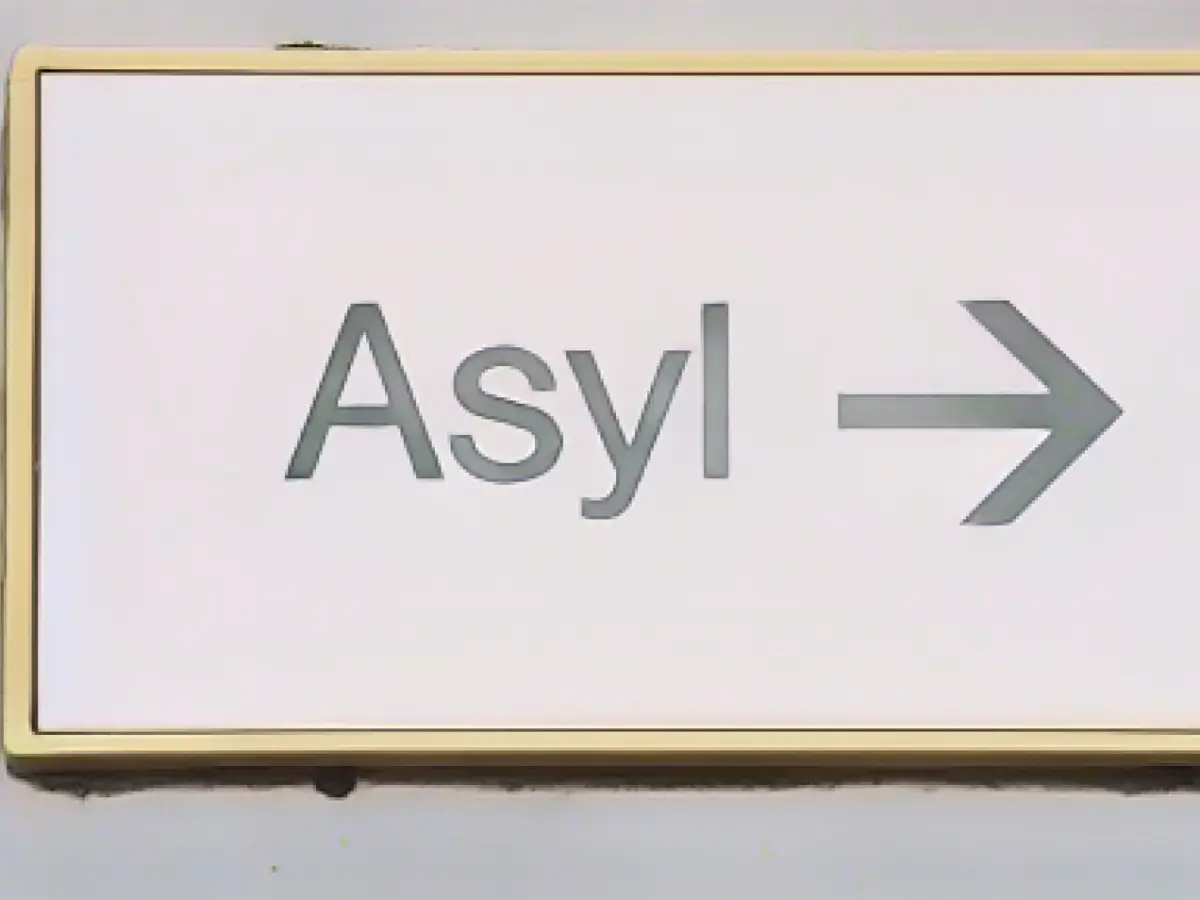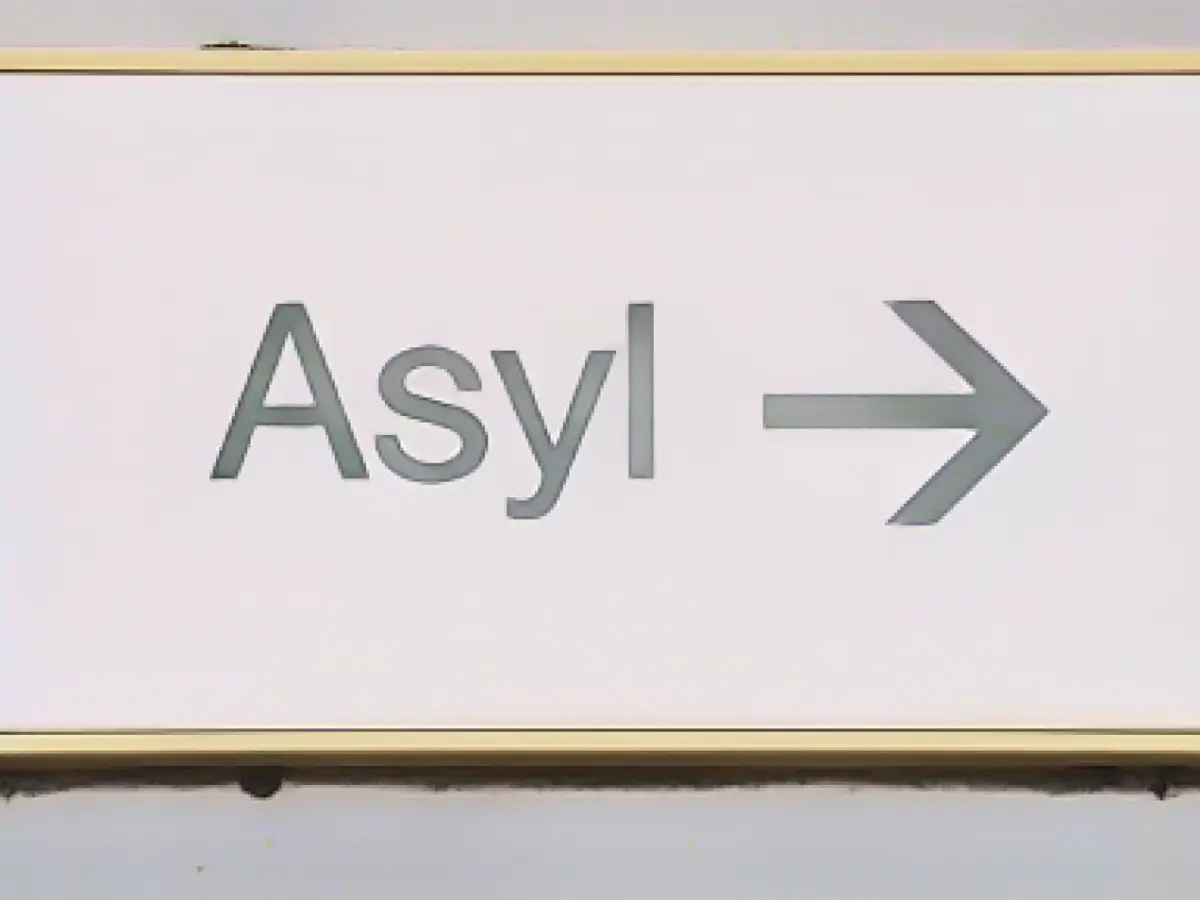SPD Leads with Compromise on Migration Policy at Party Conference
Tackling the contentious topic of migration, the SPD leadership enters the party conference with a compromise motion that acknowledges criticisms of the government's current approach in certain areas. Highlights of the motion include support for controversial sea rescues in the Mediterranean and simplifying the process for refugees to reunite with their families. On the matter of returning rejected asylum seekers, the motion displays a less aggressive tone compared to Chancellor Olaf Scholz.
Left-Wing Criticism of Migration Policy
Recent policy discussions on migration within the SPD have stirred dissent, particularly due to a comment made by Chancellor Scholz during an interview. His remark, "It's time for large-scale deportations of those with no right to stay in Germany," was criticized by the left-wing Jusos faction within the SPD as aligning with "the vocabulary of the right-wing mob."
60 Individual Motions Combined
Over the span of three days during the party conference in Berlin, the SPD leadership received more than 50 separate motions on migration. These have been consolidated into a unified key motion, titled "Germany is a Nation of Immigration – We Shape Immigration."
Focus on Criminal Deportations
When it comes to returning rejected asylum seekers, the motion puts emphasis on promoting voluntary departure. However, when voluntary departure is refused, the motion calls for forced deportation to occur. The motion specifically emphasizes the need for more expeditious deportation procedures for asylum seekers with criminal records; the current procedures are considered excessively lengthy.
Sea Rescue: A Humanitarian Obligation?
The motion provides support to sea rescue operations in the Mediterranean, which are seen as an obligation under international maritime law. These activities, undertaken by civilian aid organizations and assuming humanitarian responsibility to save stranded individuals, should not be criminalized, according to the motion.
Italy has expressed objections to foreign aid organizations conducting sea rescue operations in its waters, viewing them as interference in internal affairs. The German Bundestag, along with several parties within Germany, including the SPD, have allocated funding for these operations, totaling 2 million euros a year until 2026. Initially, Chancellor Scholz expressed reservations about this state financing.
Fostering Family Reunification
In addition to supporting sea rescue, the motion also advocates for making family reunification possible for individuals with subsidiary protection. This group of immigrants includes those who have not been granted either asylum or refugee status, but face threats of death or torture in their home countries.
Despite an agreement in the coalition agreement to lift these restrictions for this specific group, the project has yet to be prioritized by Federal Interior Minister Nancy Faeser. The potential increase in asylum seekers since 2022 may be a contributing factor to the delays in implementation.
[Source: www.stern.de]
Additional Insights:
- The SPD's migration policy has seen a noticeable shift to the right, with the leadership advocating for increased and expedited deportations.
- There is no clear stance on sea rescue or family reunification in recent SPD sources, although the European Parliament (EP) has made demands for refugee policy reforms, such as incorporating binding sea rescue rules into Frontex operations.
- The SPD's stance on deporting asylum seekers has faced criticisms for potential human rights violations and the insufficient availability of detention facilities for those being deported.
- The SPD's initiative to lift restrictions on family reunification for asylum seekers has been delayed due to potential challenges posed by increased numbers of asylum seekers since 2022.








